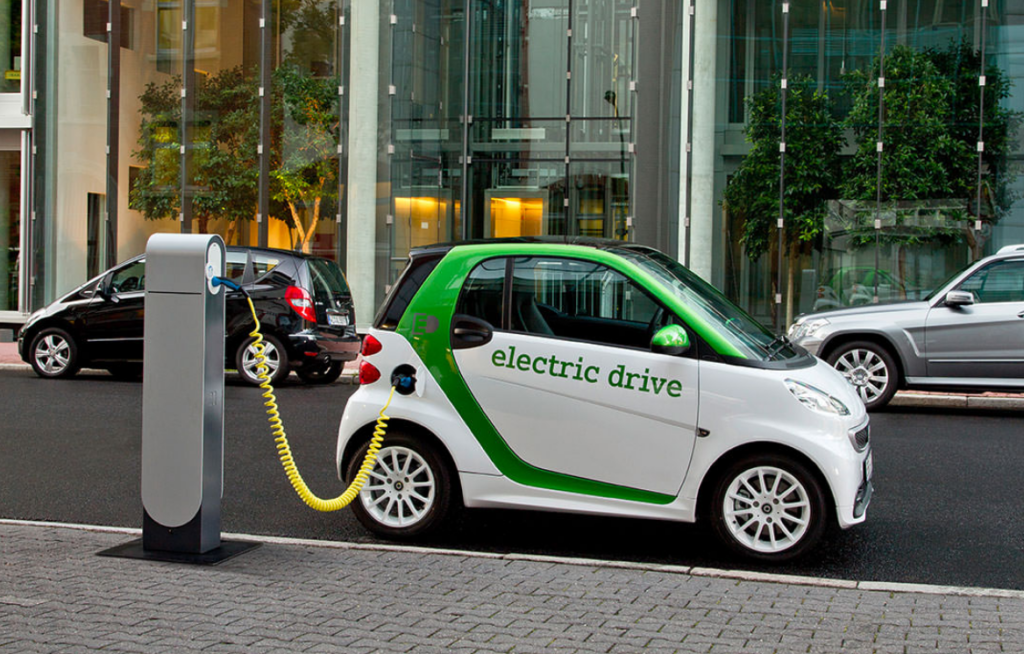Will Europe Overtake U.S. in Electric and Hybrid Cars?
In the race for producing and selling green vehicles a new report suggests that Europe may overtake the U.S. in terms of electric and hybrid cars.
Consider this: The hybrid and electric cars market has seen strong growth globally as countries work to meet ambitious CO2 targets, rising at a compound annual growth rate (CAGR) of 12.6%. Scandinavian countries such as Sweden will enjoy exceptional growth forecast growth of 27.9% between 2016 and 2021, according to research firm MarketLine.
The company’s latest report, however, states that the level of growth varies significantly between countries. Despite the fact that the US and Asia-Pacific have been leading the charge in the hybrid and electric cars market for the last five years, MarketLine’s report finds that Europe’s particularly strong 16.3% CAGR will see the US being replaced as the second largest market.
According to Jade Kneen, Analyst at MarketLine, the main issues hindering the adoption of the new technology include the expense and lack of reliability.
Kneen explains: “The biggest uptake has been seen in city areas where commuters are not put off by the unreliability of electric cars during long journeys, as they have access to charging points in urban areas. For consumers considering paying for a more expensive electric car, they would want it to at least measure up to conventional petrol or diesel models.
“However, there will not be a larger uptake until the manufacturers work on increasing the charging infrastructure and driving range. This is evident in Japan, which boasts the biggest uptake of electric cars globally, and where charging points now outnumber petrol stations. Nissan found in 2016 that 40,000 private and public electric charging points existed, in comparison to 34,000 petrol stations.”
The Paris 2020 agreement has also been a big motivator for the adoption of electric and hybrid cars, especially in Europe. The US pulled out of the Paris agreement in June 2017 and due to this only has a low forecast growth of 6.8% over the next five years.
Every country in the agreement has committed to individual targets for cutting their CO2 emissions, and this has resulted in government incentives and perks for consumers to encourage the uptake of electric and hybrid cars. These range from tax incentives and subsidies, to allowing electric cars to drive in bus lanes. Many countries such as France and Germany have also committed to banning all non-electric cars from the roads within a couple of decades.
Despite this, hybrid cars are still the most popular option in most markets. This will not change until manufacturers can assure consumers about the capabilities of the electric car.
While many markets are forecast to grow over the next five years, MarketLine believes that government incentives will be a crucial factor in this growth. Denmark will see this particularly, as the electric cars segment crashes when the tax incentives are phased out on these cars.











